A riot of colour, emotion and memories: the World Cup stands alone in the field of sport
It is the great festival of football, set on the vibrant stage that the host country becomes, with its extreme popularity across the expanse of the globe giving it a uniquely universal audience

Your support helps us to tell the story
From reproductive rights to climate change to Big Tech, The Independent is on the ground when the story is developing. Whether it's investigating the financials of Elon Musk's pro-Trump PAC or producing our latest documentary, 'The A Word', which shines a light on the American women fighting for reproductive rights, we know how important it is to parse out the facts from the messaging.
At such a critical moment in US history, we need reporters on the ground. Your donation allows us to keep sending journalists to speak to both sides of the story.
The Independent is trusted by Americans across the entire political spectrum. And unlike many other quality news outlets, we choose not to lock Americans out of our reporting and analysis with paywalls. We believe quality journalism should be available to everyone, paid for by those who can afford it.
Your support makes all the difference.It is something Lionel Messi has become so obsessed with that he has over the last few months been scrutinising the smallest details of how the Argentina team works, to the point of sending manager Jorge Sampaoli tactical suggestions as they occur to him. The 30-year-old knows well the significance of this summer, but his desire to finish it in glory goes far deeper than anything like his own legacy. It is much more innate. His great rival Cristiano Ronaldo feels the same, while a past champion like Andres Iniesta says he will “face it like it is my first”. Raheem Sterling and many of the England squad have meanwhile admitted to daydreaming about what it would be like to land back home with that unique trophy.
These different ideas from the same fundamental feeling reflect how unique this competition is as a whole, and was perhaps best summed up by maybe its single greatest player. On the eve of the 1990 opening game, Diego Maradona roared to his Argentina teammates: “Fucking come on! This is a World Cup!”
A simplistic statement, but one that illustrates the simple and uncomplicated emotion the great event produces.
The evolution of football might mean the Champions League is its pinnacle in terms of performance, and there might be all manner of debate over how far the international game has fallen behind the club game, but there can be no debate about what the pinnacle of the game is in terms of feeling.
This is what it’s all about.
Those two arms on the trophy “stretching out to receive the world... at the stirring moment of victory” – in the words of designer Silvio Gazzinaga – are so representative in more ways than one. This is what everyone in the game is ultimately reaching for: immortality.
It is little wonder many within the game, not to mention so many supporters, describe the night before the World Cup starts as “like Christmas Eve”.
There’s still nothing like it in all of sport. It is the great festival of football, set on the vibrant stage that the host country becomes, with its extreme popularity across the expanse of the globe giving it a uniquely universal audience. To put it another way, it becomes the centre of the world for a month. Just by watching we’re all part of the show, in a way nothing else in the modern world can quite match. Big World Cup fixtures fill the lists of the most-watched broadcasts in countries across the globe. In the United Kingdom alone, the 32.3m who watched the 1966 final still trumps everything else that followed, including the 32.1m who watched the funeral of Princess Diana. Countries are meanwhile consumed by that rare fervour, coloured by flags on the street and soundtracked by car horns blaring on the roads. It is an atmosphere of togetherness that only the World Cup can bring.
This is what debutants Iceland and Panama will feel for the first time, and what Egypt, Morocco and Peru will feel for the first time in decades.
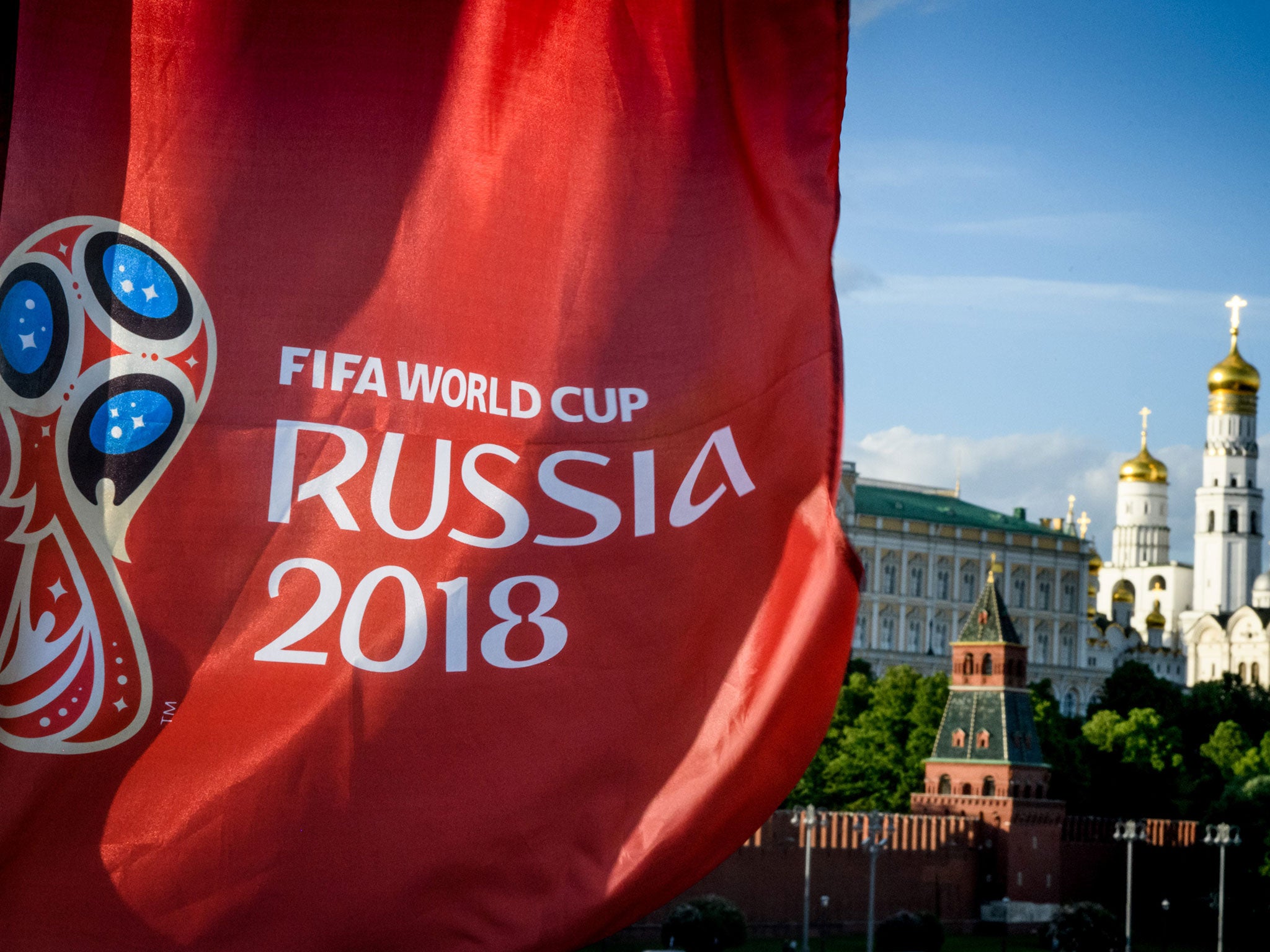
That of course ensures that winning the World Cup means so much more than just ‘winning the World Cup’. You are winning the competition that means the most to the most people in the world. But to even be involved in something so absorbing is a thrill of its own.
A huge part of that universality is also the unique childlike joy it inspires, as illustrated by so many of these won-it-all modern professionals. The way it consumes a country means you can’t help but grow up with and get enamoured by it, those memories further firing the adult fascination and extra desire for it. When Iker Casillas was talking about the moment before he went to pick up the trophy in 2010, he admitted that the images of the past captains doing the same was in his head, before reeling them off in perfect order going back to that special first World Cup he consumed as a youngster.
“From when I was small, I saw Matthaus lift it,” Casillas began. “I saw Dunga lift it, I saw Deschamps lift it, I saw Cafu lift it, Cannavaro… so to watch me lift it, I could watch it tomorrow, I could watch it within 10 years and it will always make me emotional because it’s incomparable.”
Even before such heights, there’s the purer enchantment brought by the wall-to-wall football of the group stages, the colour of the kits and the venues, the excitement of new players and teams, and then the magic of high-stakes moments that mean sudden death or immortality.
This is something else that makes the World Cup so wondrous.
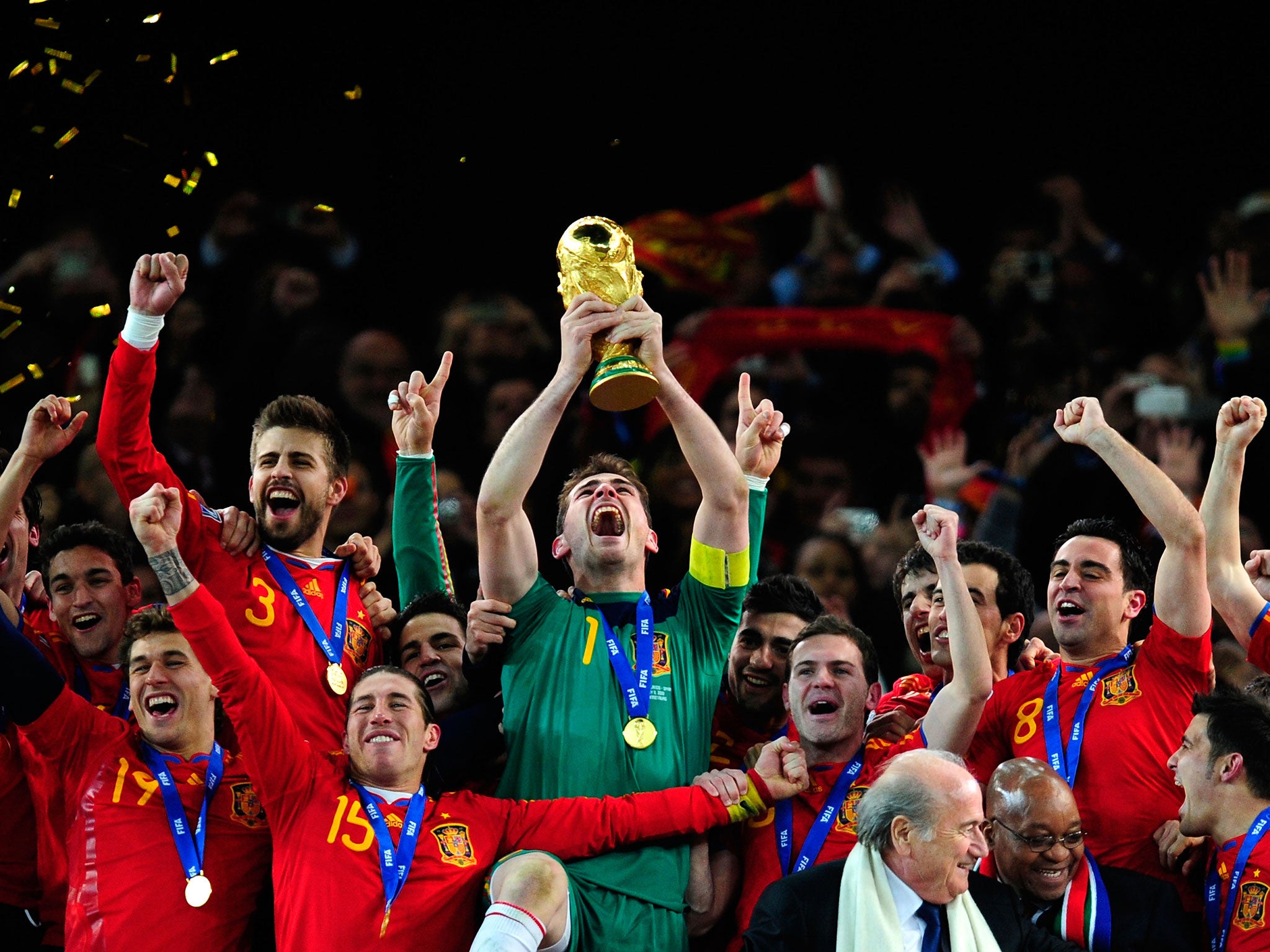
Just as players will still inevitably measure their careers by World Cups, so many people measure their lives by World Cups, with personal moments forever emotionally anchored to great tournament moments.
The mere mention of epic events like Maradona’s second, Paul Gascoigne’s tears, Roberto Baggio’s miss, Zinedine Zidane’s headers and headbutt, Ronaldo’s redemption, Iniesta’s winner and that seismic 7-1 will make so many instantly remember where they were and what was going on for them at that time.
Even when the actual football in World Cups hasn’t measured up to expectation, the nature of the competition means it will still throw up storylines and moments that will never be forgotten. Italia 90 was the ultimate iteration of this. It produced some of the worst football the event has ever seen, but also some of its best remembered moments and stories, as well as what has become the World Cup soundtrack: Nessun Dorma.
Italia 90 was influential for far more than nostalgia, though. It may well have been the World Cup that had the most lasting effect on the game as a whole.
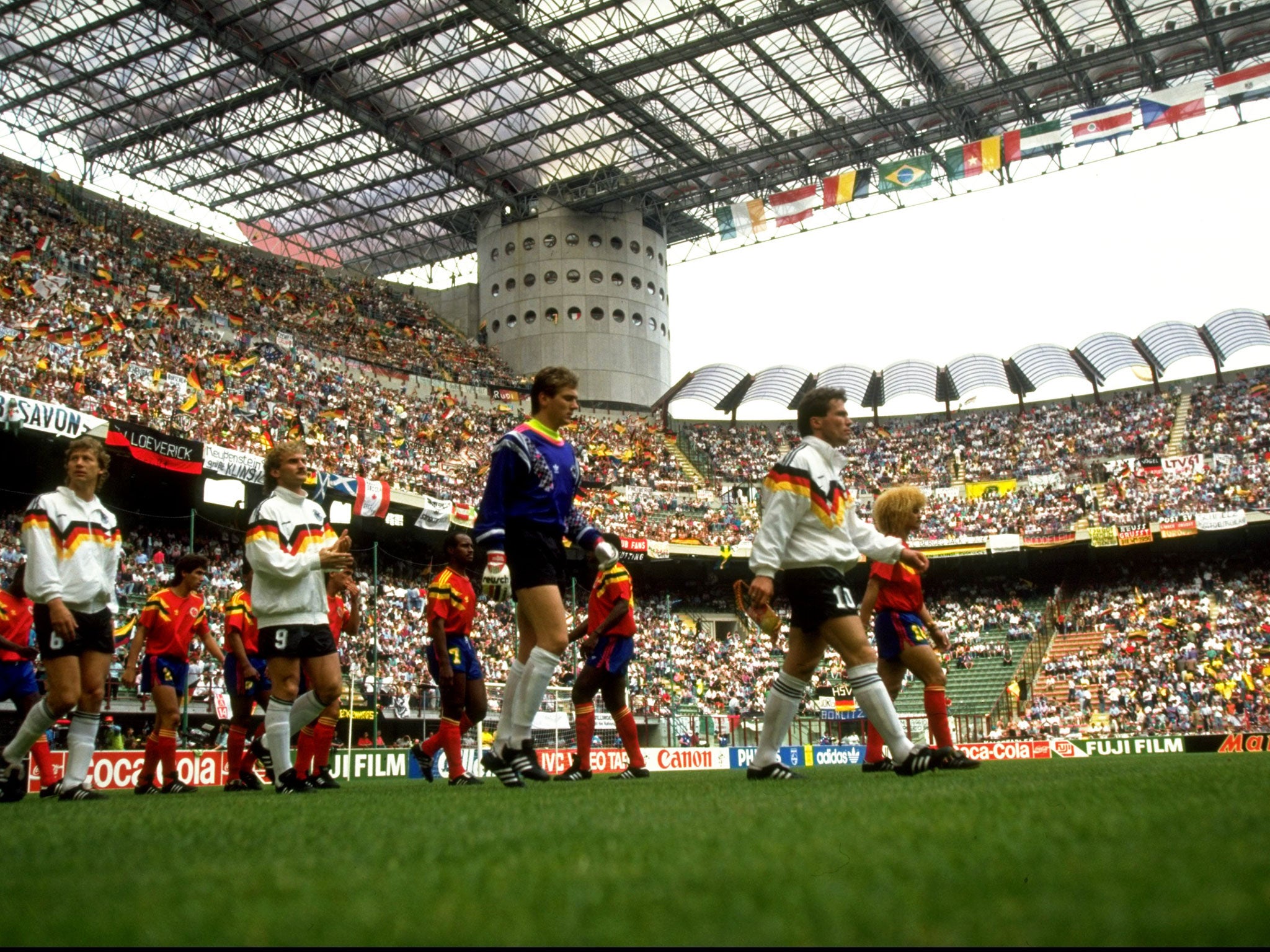
Taking place at a juncture period in the history of the world as much as the history of the sport, it distilled and further dictated huge changes going on at the time. The necessary alterations to the rules, combined with the huge success of the broadcasting model, set in motion an evolution that has reached a stage where the European club game has now become the main event. The economics involved have brought about the intense concentration of quality – in terms of both players and coaching – within the Champions League, and produced some of the most entertaining football ever seen.
This just hasn’t been all that valuable for the international game. Instead, it has brought about a situation where the countries can’t reach the same level of cohesion as the top clubs, or hire anywhere near the same level of coaches.
The response of many inevitable journeymen managers in the international game has been to set sides up with the most easily applicable tactical approaches, and they generally happen to be safety-first. It is a long time since the World Cup has been the showcase for football pioneering.
The net effect of this is that South Africa 2010 and France 2016 produced probably the most negative football seen since Italia 90.
It is mercifully the very last World Cup, however, that stands as a triumphant break in this trend. The 2014 group stage was an oasis of attacking football, as well as something of a throwback in the way it saw individual stars command the stage again in the way James Rodriguez did.
This could be the flip side of that tactical fog the international game has become. The way in which the managers and tactics are so much less influential than the club game could open up the space for the individual stars like Neymar and Ronaldo, but especially for those who are such huge figures in less prominent nations: Mohamed Salah, Robert Lewandowski, Rodriguez, Sadio Mane, Christian Eriksen.
It could also mean the history of the World Cup is flipped. Because as much as the 2014 group stage broke from recent tournaments, it still followed the natural trend where the knock-out stages would naturally become much more constricted, dictated by tension and protection rather than trust in ability and adventure.
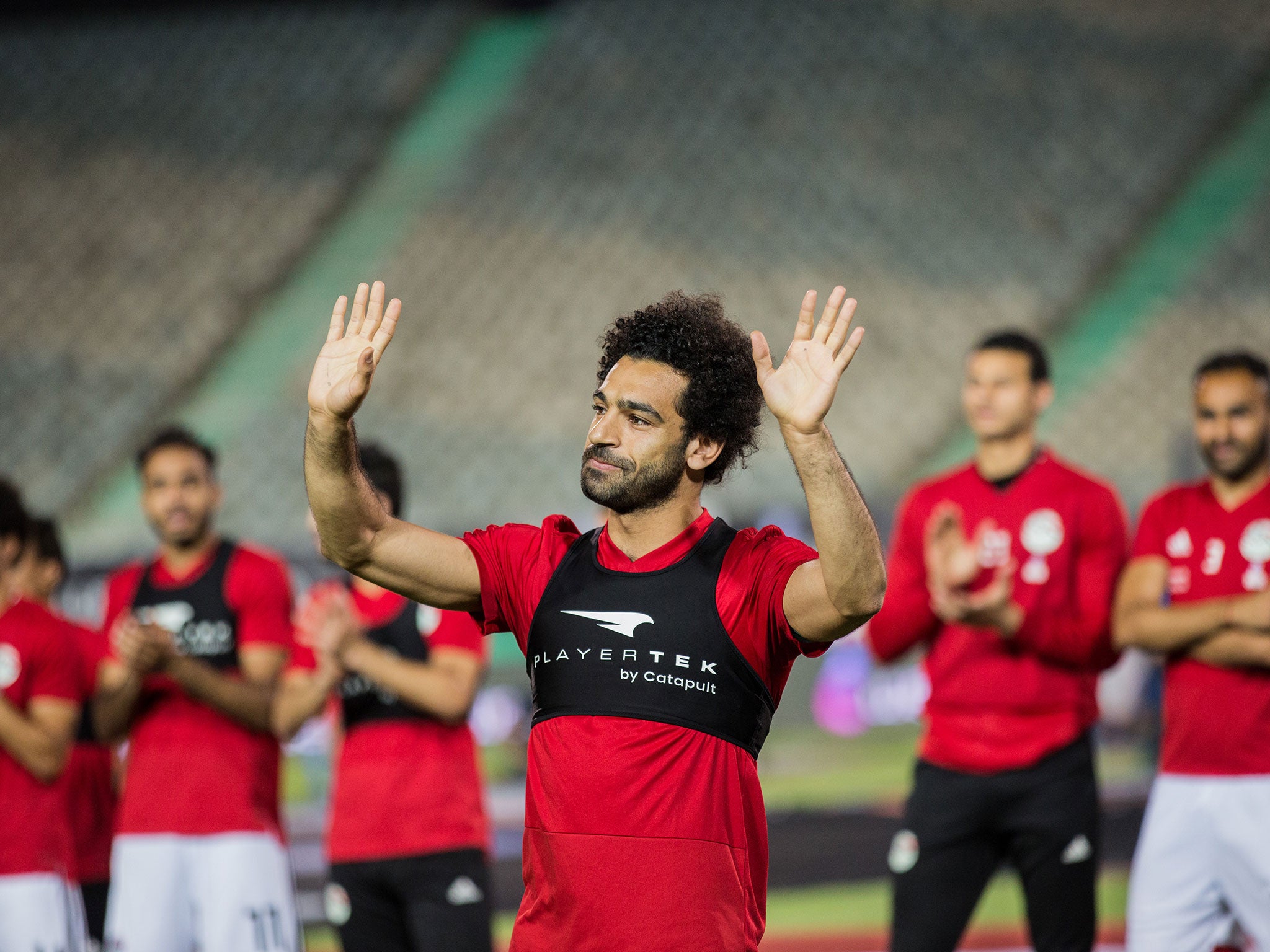
One of the other effects of the economic explosion of the club game, however, is that it has meant the biggest countries have effectively industrialised youth production. The strength in depth of the top six to eight national sides is staggering, with so many enhanced by the cohesion their top club sides have brought. This raises the possibility of a number of mouth-watering quarter-finals in Russia.
Altogether, the squads of Spain, Germany, France, Brazil, Belgium and to a lesser extent Argentina and England represent the greatest collection of quality the World Cup has ever seen – even if it still doesn’t necessarily follow that any of the individual squads are better than Spain 2010, Brazil 1970 or 1958 or West Germany 1974.
As to who is the best from those top squads this summer, that’s even harder to say. It feels like they are separated by slivers of differences, with those slivers representing different rock-paper-scissors qualities.
Spain have the deepest midfield quality and greatest tactical variation. France have frightening pace amid their fearsome talent. Germany have the experience as defending champions. Brazil have maybe the most sophisticated coach in Tite. Argentina have maybe the greatest player ever in Messi.
This World Cup may well definitively define the latter, but itself could be decided by these small differences. It will hopefully be decided in the epic games that we really associate with the competition: matches akin to France-West Germany 1982, England-Argentina 1986, Brazil-Netherlands 1994, England-Argentina 1998, Germany-Italy 2006.
This is what it’s really all about. This is what we’re hoping for.
That’s what this invigorating build-up to the World Cup really brings: that childlike hope that we’ll be moved with events that are socially monumental for the nations involved.
In an interview with The Independent this month, 1986 winner Julio Olarticoechea said that one of his abiding memories from that World Cup was actually right at the end, after the explosion of joy at victory, silently taking it all in. “Looking from a fair bit away, watching all the craziness like a spectator, and the beauty of it struck me… I realised what we’d done,” he said.
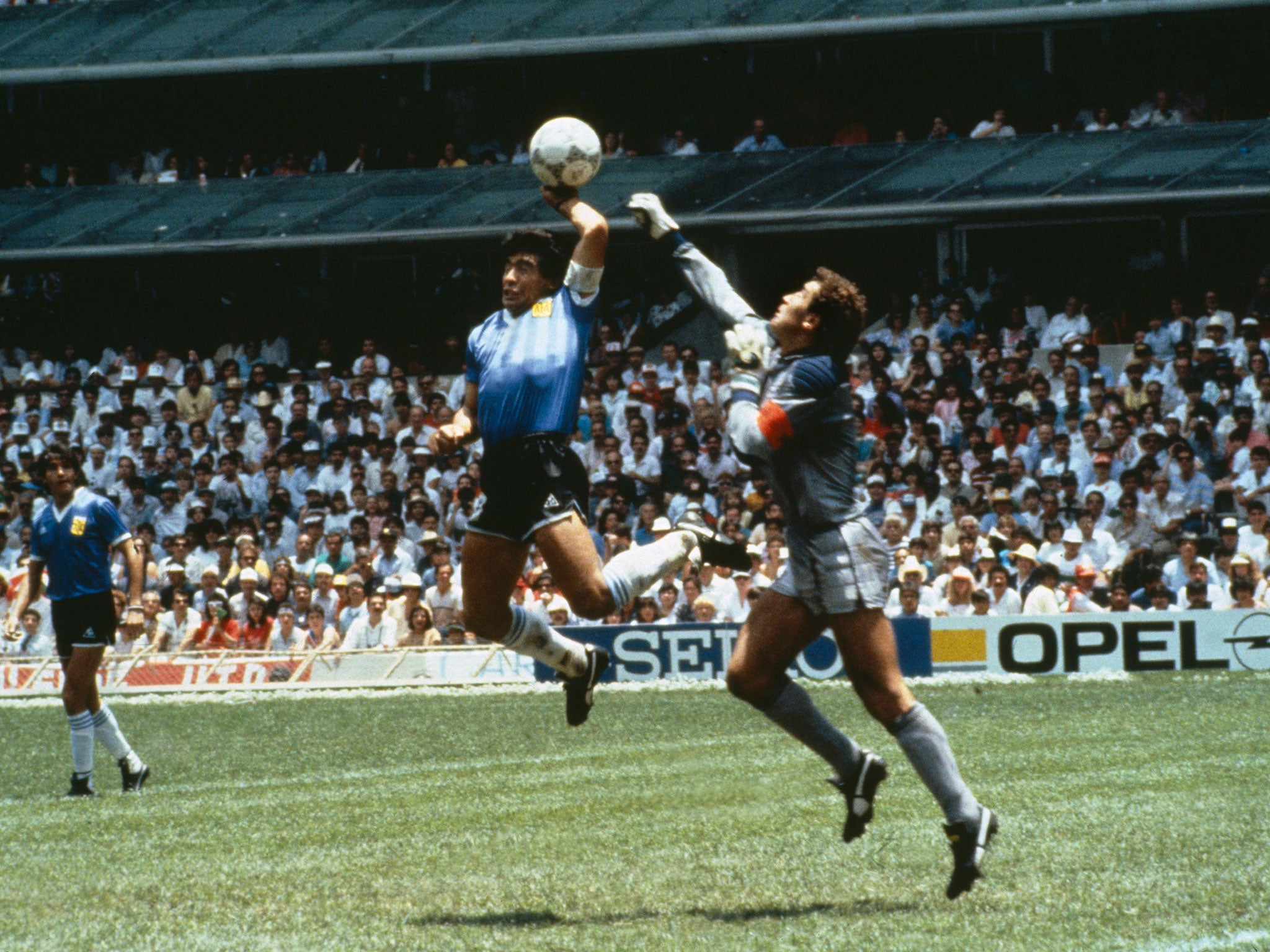
Many former champions say the same, that the initial explosion of exultation at what you’ve achieved quickly gives way to a distinctive silence, as if suddenly awed by the weight of the achievement. This is what it means to be a world champion, in the true world sport.
We’re at the other side of that now, the calm before what’s in store. The anticipation, the hope, the realisation of what’s coming and what it all will mean.
That’s why we’re all here, holding our breath as the World Cup takes centre stage.
Join our commenting forum
Join thought-provoking conversations, follow other Independent readers and see their replies
Comments